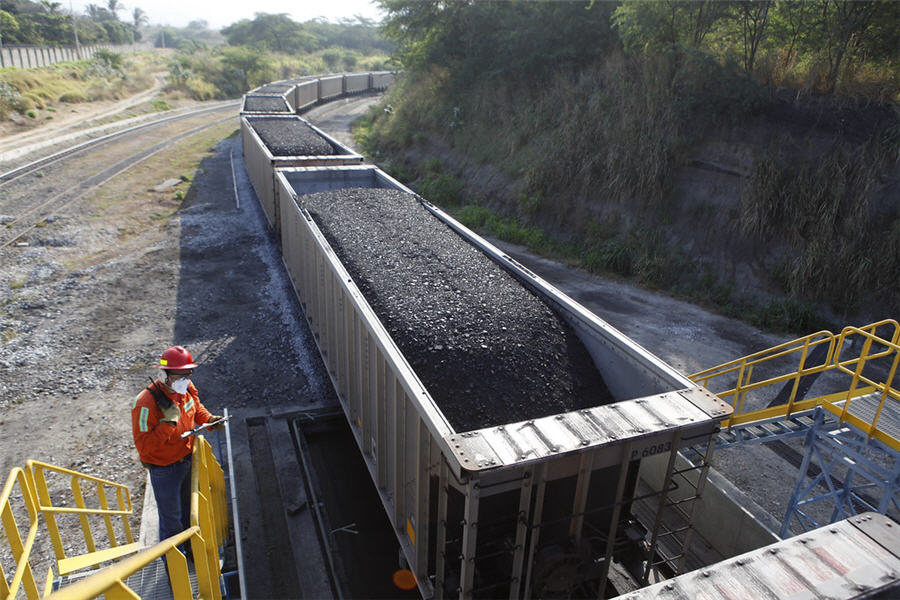
Prodeco, a wholly-owned subsidiary of Glencore, will hand back its Colombian mining contracts after a review found restarting the unit’s operations would not be economical, the London-listed miner said on Thursday.
Prodeco’s operations at the Calenturitas and La Jagua mines have been on care and maintenance since last March.
The unit had sought permission to keep its mines on care and maintenance, but the request was denied by Colombia’s National Mining Agency (ANM) in December, Prodeco said in a separate statement.
Glencore’s coal production in 2020 fell 24% to 106 million tonnes, with Prodeco’s output plummeting 76% to 3.8 million tonnes
Following a review of cost efficiencies, the decision was taken to return the mine contracts, Glencore said.
“The conclusion of the review was no different to previous ones conducted by the business; it continues to remain uneconomic to re-commence operations,” Glencore said in a statement.
“The decision to relinquish the mining contracts was not taken lightly and is a disappointing outcome,” it added.
Prodeco – which employs some 1,200 people directly in Colombia – has re-commenced its voluntary redundancy programme and its mines will remain on care and maintenance until the formal process of relinquishing the contracts is completed, Glencore said.
The ANM will evaluate Prodeco’s request to hand back its mining contracts to ascertain it is legally possible, the agency said in a statement.
Glencore’s coal production in 2020 fell 24% to 106 million tonnes, with Prodeco’s output plummeting 76% to 3.8 million tonnes, it said on Wednesday.
The Swiss-based miner’s share of production from Cerrejon, a mine in northern Colombia which it owns equally with Anglo American and BHP, fell 52% to 4.1 million tonnes in 2020.
The ministry of mines and energy in Colombia – which is the world’s fifth-largest coal exporter – estimates national coal output dropped 30% in 2020 to around 54.1 million tonnes. It hopes output will rise to 62 million tonnes in 2021.
(By Luis Jaime Acosta, Oliver Griffin and Shanima A; Editing by Shailesh Kuber and David Evans)
Comments